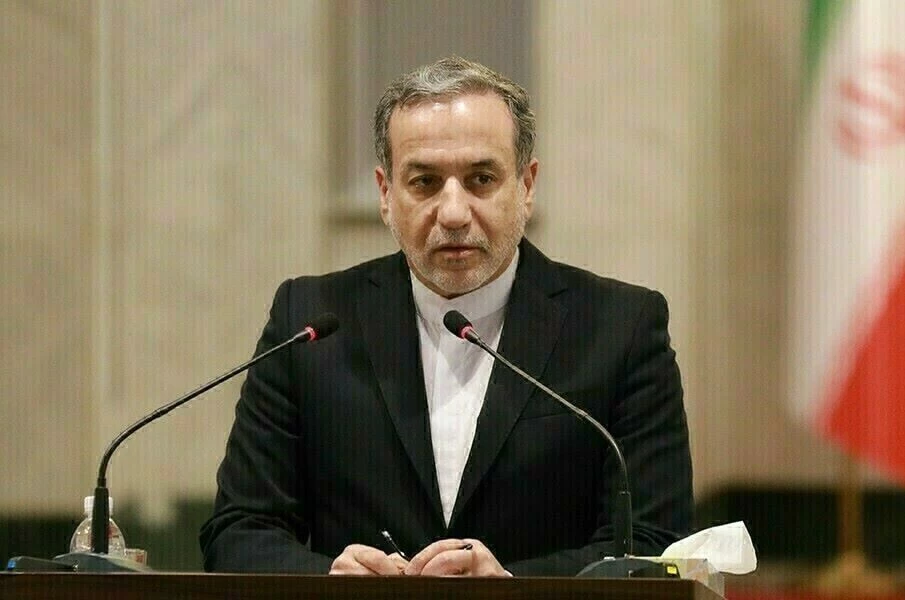Key Points:
-
Iran’s Diplomatic Visit Amid Rising Tensions
-
Iran’s Foreign Minister, Abbas Araqchi, arrived in Islamabad for a one-day visit amid heightened Pakistan-India tensions following an attack on tourists in Indian Illegally Occupied Jammu and Kashmir (IIOJK).
-
Pakistan has denied India’s accusations of involvement and warned of possible Indian military action, raising fears of escalation between the nuclear-armed neighbors.
-
-
Purpose of the Visit
-
Iran’s ambassador stated that Araqchi’s discussions would focus on de-escalating tensions in South Asia, leveraging Iran’s strong ties with both Pakistan and India.
-
The visit underscores the close bilateral relationship between Pakistan and Iran, with talks planned with top Pakistani leaders, including the President, PM, and Foreign Minister.
-
-
Pakistan’s Diplomatic Efforts
-
Pakistan has reached out to multiple countries, including Russia, seeking diplomatic support.
-
Russian FM Sergei Lavrov urged restraint and emphasized dialogue to ease tensions.
-
Pakistan has also requested a UN Security Council briefing on India’s alleged aggressive posturing.
-
-
India’s Stance on Mediation
-
India has rejected third-party mediation on Kashmir, maintaining it is a bilateral issue.
-
No official response has been given to Pakistan’s diplomatic outreach.
-
-
Araqchi’s Expected Visit to India
-
The Iranian FM is scheduled to travel to New Delhi later this week, though it is unclear if the trip was pre-planned or linked to the current crisis.
-
The visit by Iran’s Foreign Minister highlights growing regional concern over the Pakistan-India standoff, with Iran positioning itself as a potential mediator. While Pakistan seeks international diplomatic intervention, India remains opposed to external involvement. The situation remains volatile, with both sides maintaining firm stances. The outcome of these diplomatic efforts could play a crucial role in preventing further escalation in the region.







